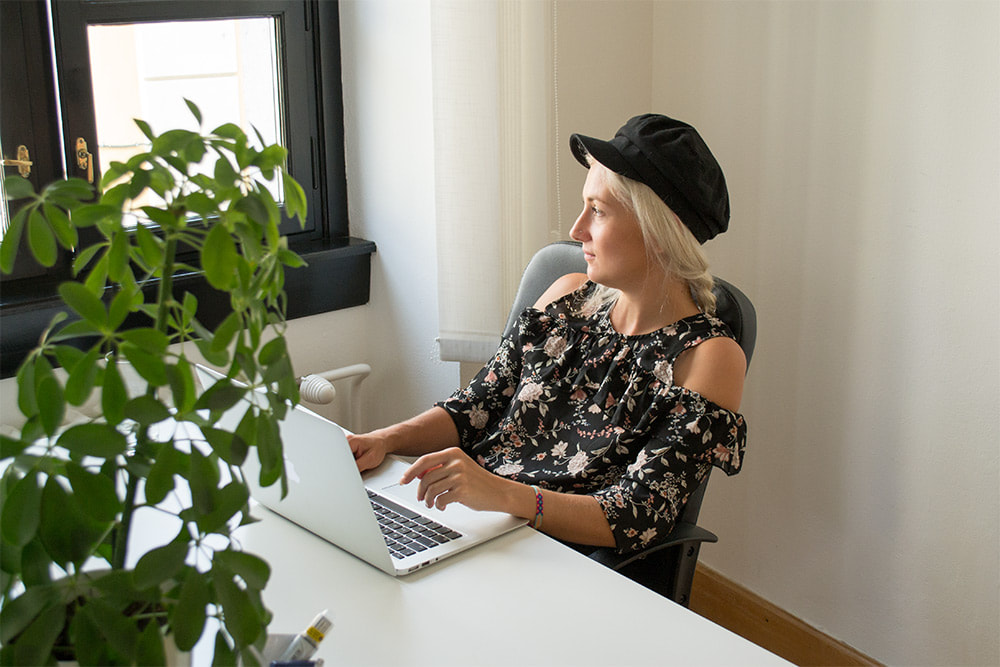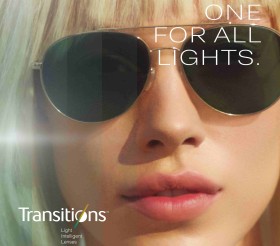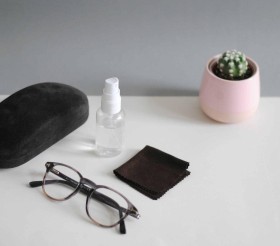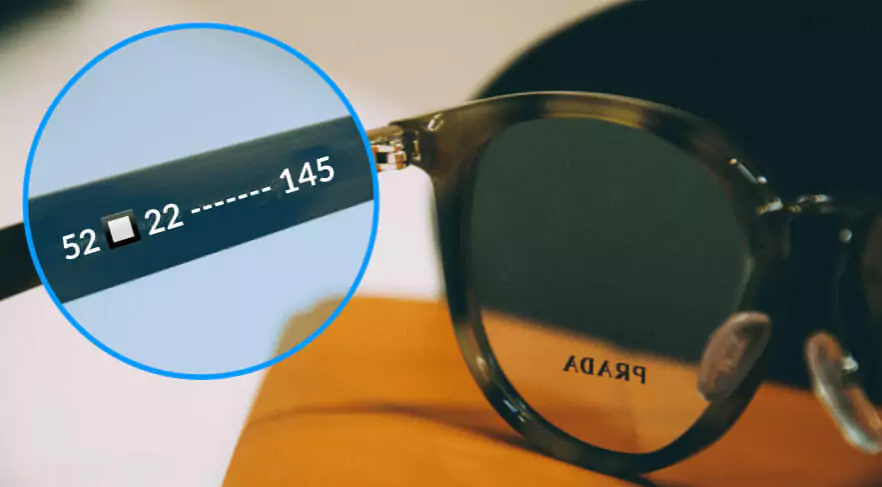You've probably already seen lots of articles about improving eyesight, usually telling you to eat loads of carrots and not stare into a computer screen too much. While some of the usual suggestions are certainly useful, others are nothing more than myths designed to keep people away from going to the eye doctor. It can get really confusing, we know! That's why we're here to give you real advice.
Give your eyes a break

Most of us spend a lot of our time staring into a computer or phone screen, which definitely does not do our eyes much good. However, that doesn't necessarily mean we're all doomed. Try to avoid using electronic devices when you don't necessarily have to - as in, don't immediately grab your phone after work and keep staring at it all evening. Most electronic devices also have a “night shift” mode, which is generally less straining on the eyes. Keep your screen brightness optimal - not too low, so you don't have to squint, and not too bright, so it doesn't blind you. Lastly, make sure to look away from the screen every now and then and maybe exercise your eyes a bit: constantly focusing on one point on your computer will almost certainly lead to eye strain.
Try clearing your mind, leaning your head back and staying like that with your eyes closed for about three to five minutes. Then, choose an object about 5-6m away from you and focus on it for 20 seconds.
Lastly, for every 50 minutes that you spend looking at a computer, take a 10 minute break to rest your eyes and avoid them becoming fatigued. Even simple exercises like this can make a change!
Your diet matters
.jpg)
Merely eating more carrots isn't going to cut it, but paying attention to the nutrients you put in your body really can be a great help when it comes to improving eyesight. Just like all your other body parts, your eyes also benefit from certain nutrients. For good vision, pay attention to your intake of vitamins such as A, C and E, as well as the minerals zinc and copper. To help prevent sun damage to your eyes, make sure to consume enough antioxidants - namely beta-carotene (to be found in those damned carrots, but also pumpkin and sweet potato), zeaxanthin and lutein.
Don't be afraid of (sun)glasses
.jpg)
It goes without saying that you should visit the eye doctor for regular checkups. If your doctor tells you that you need prescription glasses, please, do yourself a favor and listen. Prescription glasses or contact lenses are designed to correct problems caused by impaired vision. Not only do you see better, but your eyes are also saved from constant strain - which prevents your vision from getting even worse. Generally, issues with eyesight should not be ignored, on the contrary - if your vision is blurry or you notice other difficulties, the best thing to do is to take care of it as soon as possible.
When the sun is shining (and not just in the summer), don't forget to put your sunglasses on! They literally exist to protect your eyes from sun damage and help you see better through bright light. And seriously - it's 2018, there's an amazingly stylish pair of (sun)glasses to suit everyone. Once you find a pair that works for you, it can become a great accessory to an even greater outfit! Healthy as well as stylish? Sign us up!
Taking care of your eyes is genuinely not that difficult. Even if you've currently got perfect vision, it's better to be safe than sorry - so be sure to give your eyes some rest every once in a while and be careful. If your vision isn't as good as it used to be, don't despair! How about you take a look at our eyerim website and choose a pair of glasses or sunglasses to protect those precious eyes? We've got glasses for every face shape and sunglasses to suit anyone's style - the choice is yours.





















